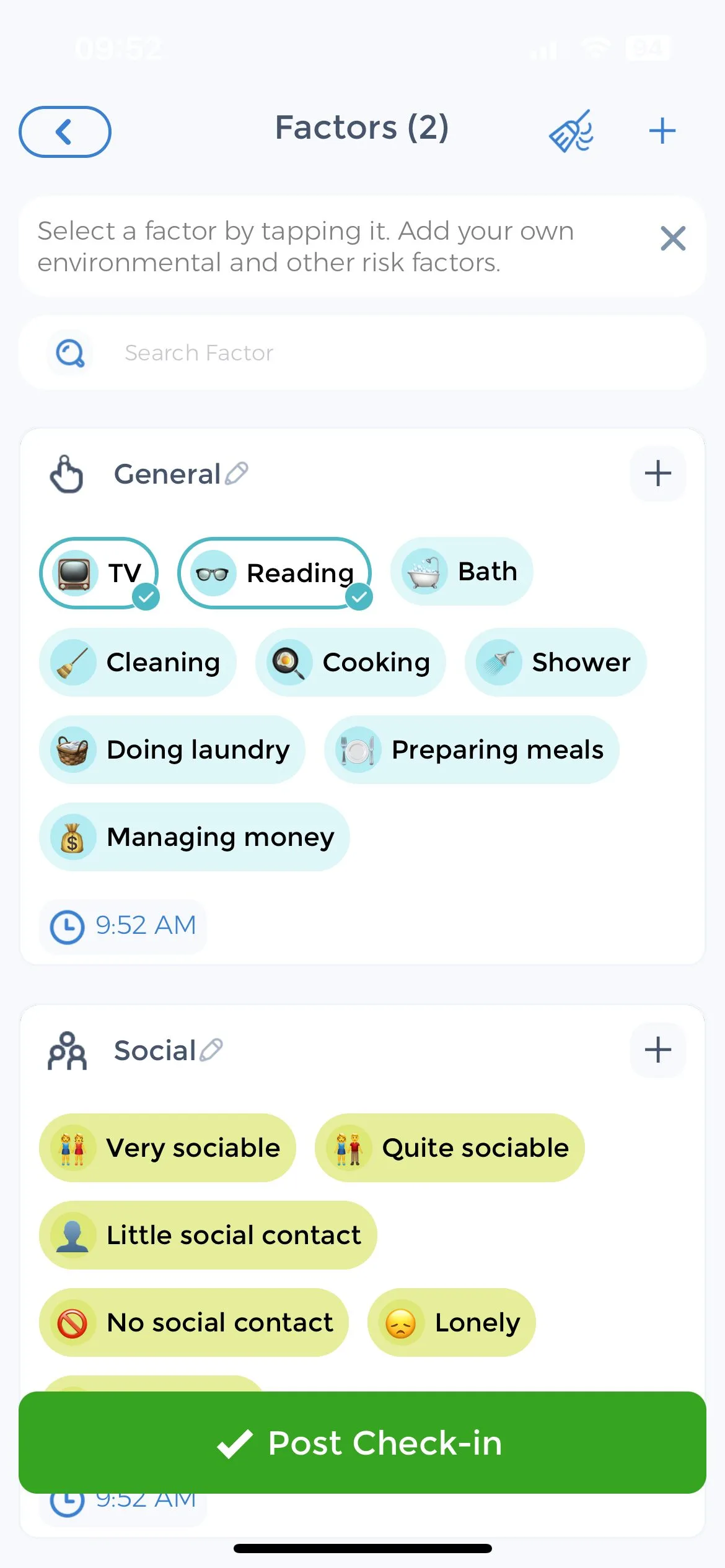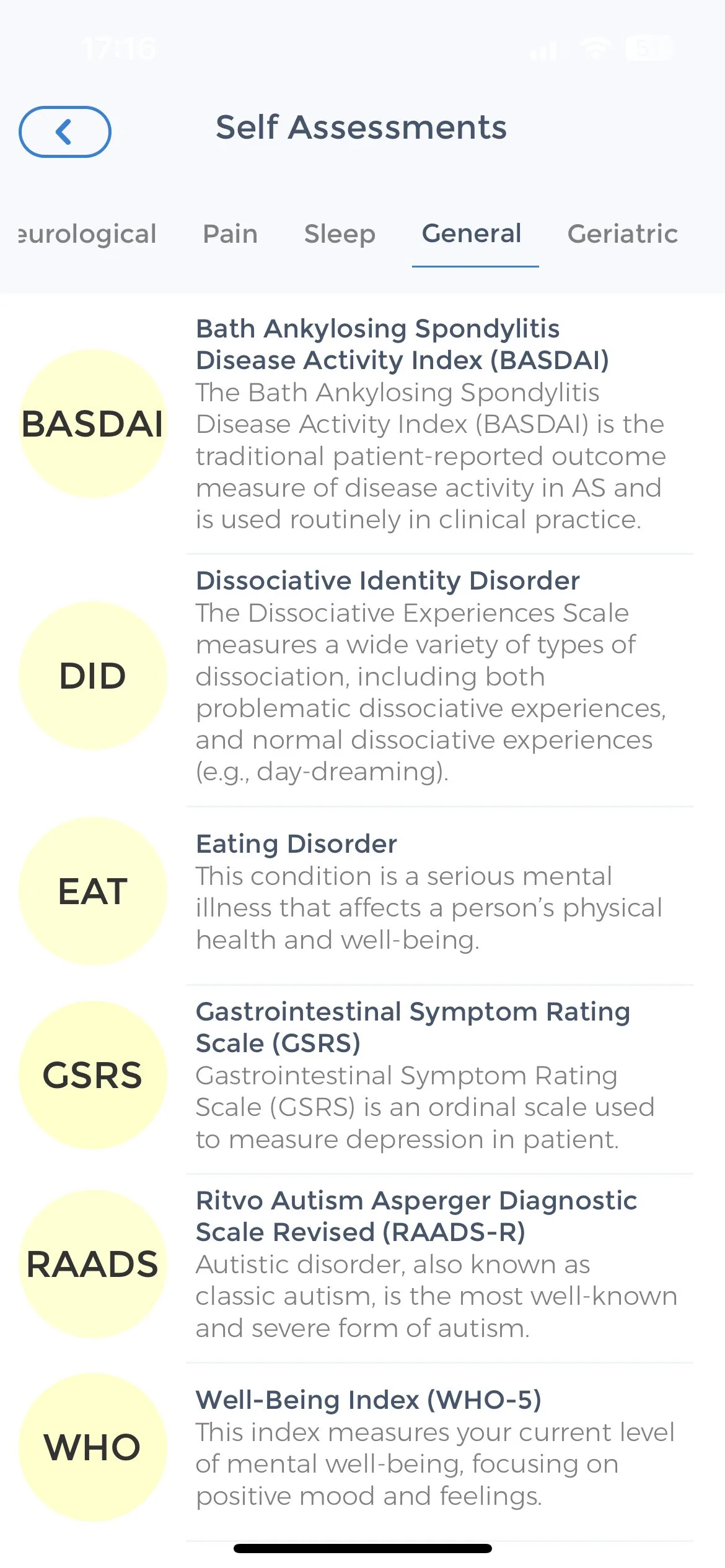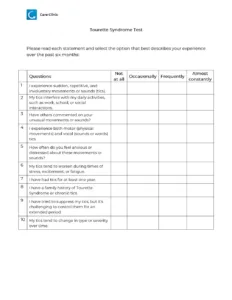
Tourette’s Syndrome is a complex neurological disorder characterized by repetitive movements, can’t control movement and vocalizations known as motor or vocal tics. If you or a loved one is experiencing these symptoms, it is crucial to understand the importance of proper testing and early detection. In this comprehensive guide to tourette syndrome diagnosed, we will walk you through the different aspects of Tourette Syndrome test. From understanding and learning difficulties about the condition itself to interpreting test results and everything in between.
Printable Tourette Syndrome Quiz
⬇️ Tourette Syndrome Quiz PDF Printable
Understanding Tourette Syndrome: Definition
Tourette Syndrome is a chronic and often misunderstood condition that typically manifests during childhood and early teens. It is classified as a neurological disorder. Affecting the deep brain stimulation and nervous system. While the exact cause of Tourette’s Syndrome is not fully understood, research suggests that it may be related to certain genetic and environmental factors.The neurological complexity of Tourette Syndrome often intersects with other developmental conditions that affect communication and learning. When evaluating a child’s symptoms, healthcare providers frequently recommend exploring developmental language disorder as part of a comprehensive assessment, since language difficulties can co-occur with tic disorders. This broader diagnostic approach helps ensure that all aspects of a child’s neurological development are properly addressed, leading to more effective treatment strategies.
Let’s delve a little deeper into the genetic aspect of Tourette Syndrome. Studies have shown that there is a strong familial component, most children, with at least a year of higher prevalence of the condition among first-degree relatives. This suggests that there may be a genetic predisposition to developing Tourette Syndrome. However, it is important to note that having a family member with Tourette’s Syndrome does not guarantee that an individual will also have to diagnose TS condition.
Common Symptoms of Tourette Syndrome
Individuals with Tourette Syndrome may experience a wide range of symptoms. Both simple motor tics and vocal tics, which can vary in severity and frequency. Some common motor tics include eye blinking, head and neck area jerking, shoulder shrugging, and facial grimacing. Vocal tics, on the other hand, can manifest as throat clearing, sniffing, grunting, or even repetitive words or phrases.
Did you know that there are different types of tics? Simple tics are sudden, brief, and repetitive movements or sounds. While complex tics involve a coordinated sequence of can’t control movement or vocalizations. Complex tics can be more disruptive. It may include actions such as jumping, touching objects, or repeating other people’s words.
It is important to note that tics can come and go. They may also change over time. Additionally, stress and anxiety can often exacerbate symptoms and other tic disorders.
The Impact of Tourette Syndrome on Daily Life
 Living with people with Tourette Syndrome, can present a range of challenges in various aspects of daily life. Social challenges like interactions may be affected.
Living with people with Tourette Syndrome, can present a range of challenges in various aspects of daily life. Social challenges like interactions may be affected.
People with Tourette’s often develop unique ways to connect with others. Understanding how you give and receive love can make relationships easier. Taking a neurodivergent love languages quiz helps you learn your personal communication style.
As tics can be disruptive and draw attention. School or work performance may also be impacted. As concentration and focus can be difficult with the presence of complex tics.
However, it is important to remember that with proper management and support, individuals with Tourette Syndrome can lead fulfilling and successful lives. In fact, many individuals with Tourette Syndrome have found creative outlets to express themselves and manage their symptoms. Relaxation techniques by doing art, music, and sports have been shown to provide a sense of relief and empowerment for many children living with the condition. By engaging in these activities in educational setting, individuals with Tourette Syndrome can build self-confidence and develop coping mechanisms to navigate the challenges they may face.
Furthermore, it is crucial to foster understanding and acceptance within society. Educating others about Tourette Syndrome can help reduce stigma and create a more inclusive environment. By promoting empathy and compassion, we can create a world where individuals with Tourette’s Syndrome are embraced for their unique abilities and contributions. This can also reduce accompanying problems.
The Importance of Early Detection
Early detection is not only crucial but life-changing when it comes to managing Tourette Syndrome. Recognizing the signs and symptoms of the condition at an early stage allows for timely interventions behavioral treatments and therapies to be put in place. These interventions can significantly reduce tics and the impact of symptoms on an individual’s daily life, improving their overall quality of life and well-being.
Moreover, early detection of Tourette Syndrome enables healthcare provider to tailor treatment plans to the specific needs of the individual, leading to more effective outcomes and better symptom management over time.
Benefits of Early Testing
Early detection plays a crucial role in effectively managing Tourette Syndrome. By identifying the condition early on, appropriate interventions and therapies can be implemented to control symptoms and help minimize the impact of symptoms on daily life.
CareClinic is a comprehensive health management app that can be a valuable tool in tracking symptoms, monitoring medication use, and maintaining an overall wellness routine. By utilizing the app’s features, such as medication reminders and symptom journaling, people with Tourette Syndrome can actively participate in their own care and gain valuable insights into their chronic condition themselves.
Furthermore, early testing can also lead to increased awareness and understanding of Tourette’s Syndrome within the community and among healthcare professionals. This can help reduce stigma and misconceptions surrounding the condition. Promoting a more supportive and inclusive environment for people with Tourette Syndrome.
Risks Associated with Late Diagnosis
A late or missed diagnosis of Tourette Syndrome can lead to delays in accessing the necessary support and interventions. This can result in increased difficulties in managing symptoms and may negatively impact an individual’s quality of life.
By proactively seeking a diagnosis and utilizing tools like the CareClinic app, individuals can take control of their health journey and ensure they receive the appropriate care and support they need.
Different Types of Tourette’s Syndrome Tests
When it comes to diagnosing Tourette Syndrome, healthcare professionals employ a variety of tests and assessments to gain a comprehensive understanding of the individual’s condition. In addition to the standard neurological examinations, there are other crucial evaluations that play a significant role in the diagnostic process.
Neurological Examinations
When assessing for Tourette Syndrome, a comprehensive neurological examination is often conducted. This may involve evaluating several muscle groups strength, reflexes, coordination, and sensory responses. The healthcare professional will also examine the individual’s medical and family history and inquire about the presence of tic symptoms.
Impact of Tourette Syndrome to Other Neurodivergent Conditions
 In addition to assessing for Tourette Syndrome, a comprehensive neurological examination may also include screening for other neurological and neuropsychiatric conditions, such as obsessive-compulsive disorder (OCD) and attention deficit hyperactivity disorder (ADHD).
In addition to assessing for Tourette Syndrome, a comprehensive neurological examination may also include screening for other neurological and neuropsychiatric conditions, such as obsessive-compulsive disorder (OCD) and attention deficit hyperactivity disorder (ADHD).
When evaluating for OCD, healthcare professionals may inquire about specific obsessions and compulsions the individual experiences. Obsessions are persistent, intrusive thoughts, images, or urges that cause significant distress or anxiety. Compulsions are repetitive behaviors or mental acts that the individual feels driven to perform in response to obsessions. Often aimed at reducing distress or preventing a feared outcome. The examiner may also assess the severity of OCD symptoms and their impact on daily functioning.
For ADHD, the examination may involve assessing attention span, impulse control, and hyperactivity levels. Healthcare professionals may use standardized rating scales and behavioral assessments to gather information about the individual’s symptoms and their impact on various settings, such as home, school, or work. Additionally, the examiner may explore the individual’s developmental history, academic or occupational performance, and family history of ADHD or related conditions.
In both OCD and ADHD evaluations, it’s essential for healthcare professionals to consider comorbidities and differential diagnoses. Many individuals with Tourette Syndrome may also experience symptoms of OCD or ADHD, and accurately identifying these conditions can inform treatment planning and interventions. Collaborating with mental health professionals, such as psychiatrists or psychologists, may be beneficial in conducting a comprehensive assessment and developing a holistic treatment approach tailored to the individual’s needs.
Blood Tests and Other Lab Tests
In some cases, blood tests or other lab tests may be recommended to rule out other medical conditions that may present with similar symptoms to Tourette’s Syndrome. These tests can help confirm a diagnosis and provide a clearer understanding of the disease control the underlying physiological factors.
Psychological Evaluations
A psychological evaluation is often an integral part of Tourette Syndrome testing. This evaluation may involve interviews and questionnaires to assess emotional well-being, cognitive functioning, and the impact of tics on daily life. It can help healthcare professionals develop a comprehensive treatment plan tailored to an individual’s specific needs.
Furthermore, in addition to the aforementioned tests, genetic testing may also be considered in some cases. Identify any potential genetic factors that could contribute to the development of Tourette’s Syndrome. Understanding the genetic basis of the condition can provide valuable insights into its coordinated patterns and potential implications for family members.
Interpreting Tourette’s Syndrome Test Results
Once testing is complete, it is essential to understand and interpret the results accurately. Your healthcare professional will guide you through this process and provide explanations and insights specific to your individual case. They will help you make sense of the findings and discuss any necessary next steps.
Understanding the complexities of Tourette’s Syndrome testing goes beyond the binary of positive and negative results. It is important to recognize that the diagnosis of Tourette’s Syndrome is not solely reliant on test results. But rather a comprehensive evaluation of symptoms, medical history, and clinical expertise. Your healthcare professional will take into account various factors to make an accurate diagnosis and develop an individualized treatment plan.
Understanding Your Test Results
Moreover, it is worth noting that the journey of living with Tourette’s Syndrome extends far beyond the initial test results. It involves ongoing management, support, and understanding from healthcare professionals, family, friends, and the wider community. Building a strong support network and seeking appropriate interventions can greatly enhance the quality of life for individuals with Tourette’s Syndrome.
Understanding the complexities of Tourette’s Syndrome testing is crucial for early detection and effective management. By utilizing tools like the CareClinic app, individuals can actively participate in their own care and gain insights into their condition. Remember, seeking timely diagnosis and accessing appropriate support and interventions are key steps in navigating the challenges posed by Tourette’s Syndrome. Take control of your own mental health andjourney and empower yourself to lead a fulfilling life.
Use the CareClinic App to Track Sudden Twitches and Tic Disorders
Take the next step in managing Tourette’s Syndrome with the CareClinic App. This health management platform is designed to help you track your tics and symptoms, monitor the effectiveness of medications, and understand the patterns of your condition.
With features like medication reminders, a symptom journal, and personalized health reports, the CareClinic App provides a comprehensive approach to managing Tourette’s Syndrome. By consistently using the app, you can gain insights that may lead to improved health outcomes and a better quality of life.
Download the CareClinic App to Manage Motor Tics and Vocal Tics
Start taking control of your Tourette’s Syndrome today. The CareClinic App is an invaluable tool for anyone looking to actively participate in their health journey. It’s simple to use and helps you stay on top of your treatment plan, making it easier to communicate with healthcare providers about your progress. Install App now and empower yourself towards a more managed and fulfilling life with Tourette’s Syndrome.



